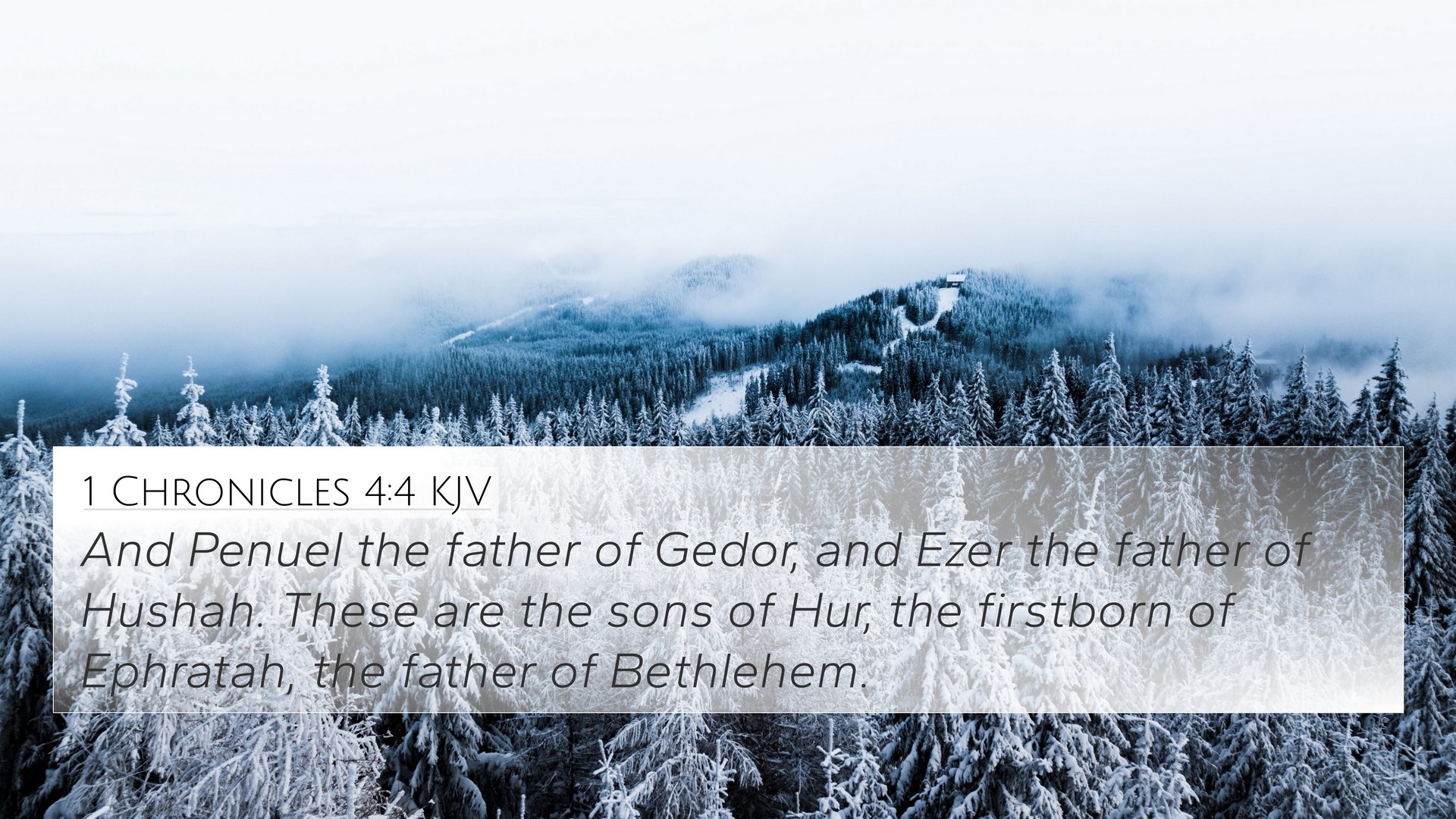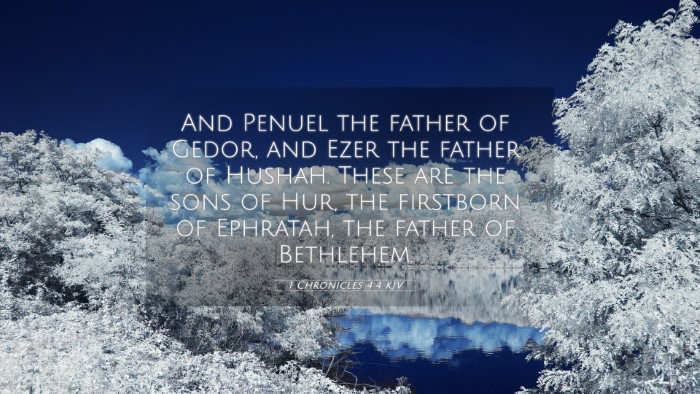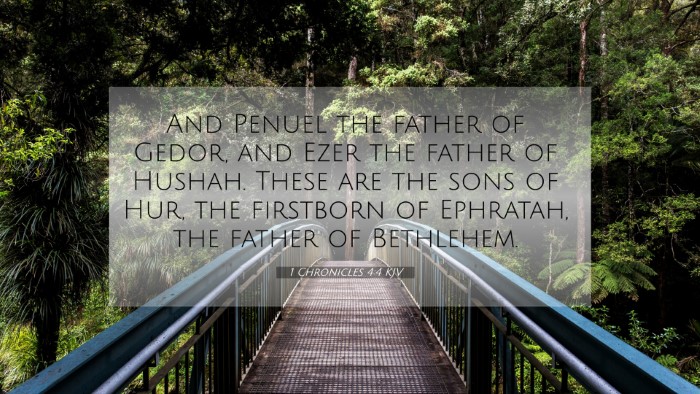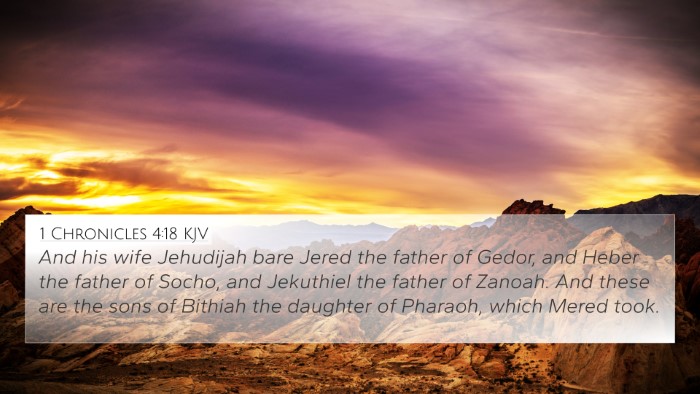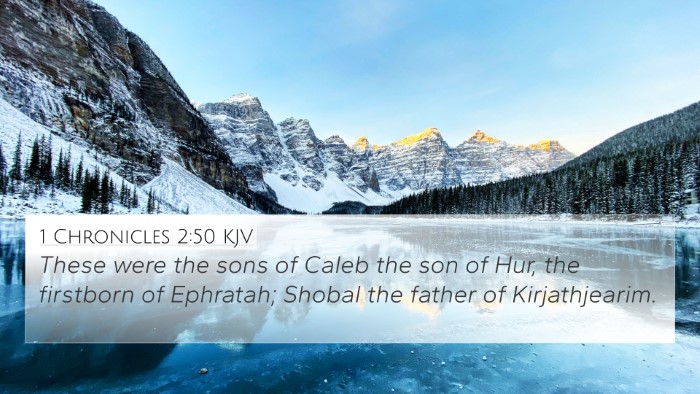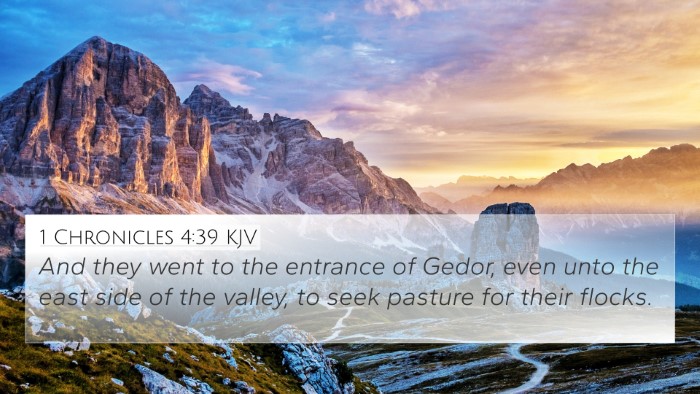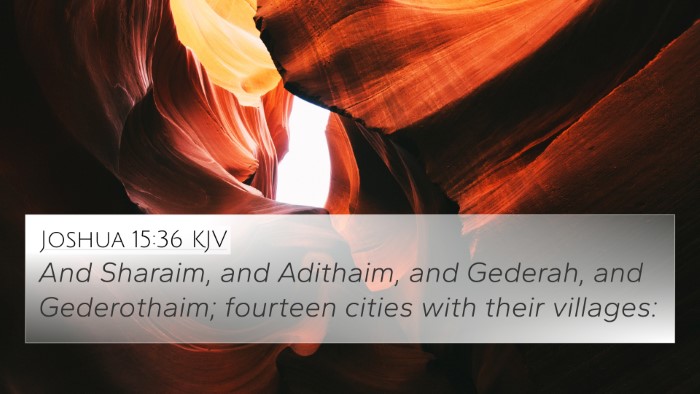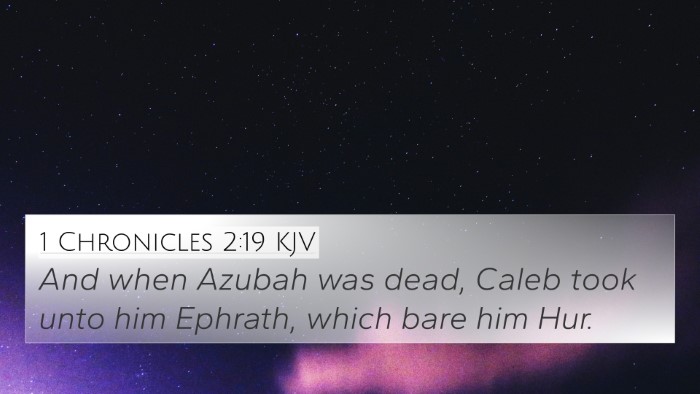1 Chronicles 4:4 states: "And Penuel the father of Gedor, and Ezer the father of Hushah. These are the sons of Hur, the firstborn of Ephratah, the father of Bethlehem."
Summary and Meaning
This verse highlights the genealogy and lineage of significant figures in Israel's history, particularly focusing on Hur, the firstborn of Ephratah, and his descendants. These genealogies serve as a reminder of the importance of family heritage within the biblical narrative, emphasizing the roles these individuals played in the unfolding story of God's people.
Matthew Henry points out that genealogies often appear tedious, yet they serve critical theological purposes. They establish authenticity and connect significant events and individuals to God's promises. The mention of Bethlehem sets the stage for the birthplace of King David and ultimately Jesus Christ, illustrating the prophetic significance embedded within these names.
Albert Barnes adds that these genealogies were crucial for the Israelites to understand their identity and legacy. They underscore the idea of divine providence and how God has preserved a remnant of His people through generations. The connections among family lines serve to showcase God's continual guidance and provision.
Adam Clarke highlights that the mention of Gedor and Hushah reveals localities linked to the tribes of Judah and their inheritances. Historical contexts here help show how individuals were integral to specific areas, furthering a deeper understanding of Israel's landscape and its inhabitants' roles.
Cross-References
- Ruth 1:1 - Discusses the significance of Bethlehem during the time of the judges, linking to the genealogy.
- Matthew 1:5 - Highlights Salma, the son of Naham, in the lineage leading to Christ, connecting back to Bethlehem.
- Exodus 31:2 - Mentions Bezalel, who was skilled and came from the tribe associated with Hur, showing connections in crafts and design.
- Hebrews 7:14 - References Jesus' roots in Judah, affirming the significance of this line in the promise of salvation.
- 1 Chronicles 2:50-51 - Discusses other descendants of Caleb, prominent during the conquest of Canaan, tying back to the tribe of Judah.
- 1 Chronicles 2:19 - Provides information on other notable descendants of Hur and their roles within the community.
- Luke 3:23-38 - Offers a broader genealogy of Jesus, showcasing His connection to the prophecies associated with David and His kin from this lineage.
Thematic Connections
The verse illustrates the broader biblical themes of identity, inheritance, and divine promise. Genealogical records throughout the Bible function as essential tools for understanding the narrative of redemption and God’s covenant with His people.
Comparative Bible verse analysis reveals how genealogies connect Old Testament promises with New Testament fulfillments, notably through Jesus Christ's lineage. This serves as a reminder of God's faithfulness across generations.
Research Tools for Cross-Referencing
For those seeking deeper understanding, employing tools for Bible cross-referencing can enhance one's study of scripture. Utilizing a Bible concordance or a Bible cross-reference guide helps uncover hidden connections and enriches one’s theological insights.
Conclusion
1 Chronicles 4:4 is not merely a record of names; it is a testament to the unfolding story of redemption through generations. By understanding these names and their meanings, believers gain insight into the lineage of faith that leads to Christ. Therefore, engaging in scriptural cross-referencing deepens our comprehension of God's providence and the continuity of His message throughout the Bible.
